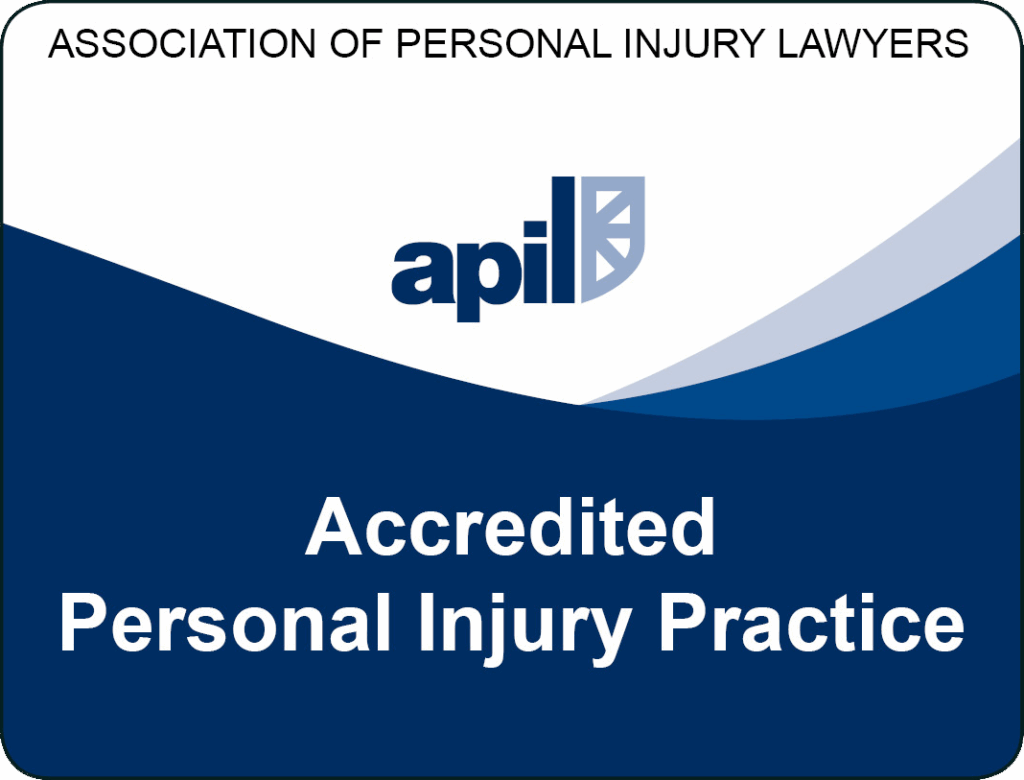During childbirth it is extremely common for women to experience some degree of tear or graze. Some women however, suffer more serious tears that are known as third and fourth-degree tears – ‘obstetric anal sphincter injuries’ (OASI).
What is an Obstetric Anal Sphincter Injury? (OASI)
During childbirth it is extremely common for the perineum to tear, with nine in every ten women experiencing some degree of tear or graze.
First and second-degree tears are the most common and can heal quickly without treatment; some may require stitches. These tears are very unlikely to cause long term problems, with most women being pain free after two months.
Some women however, suffer more serious tears that are known as third and fourth-degree tears – ‘obstetric anal sphincter injuries’ (OASI).
What makes a severe tear more likely during labour?
There are some circumstances that can make the likelihood of tearing more likely:
A third-degree tear is in the vaginal tissue, perineal skin and perineal skin that extends into the anal sphincter. A third-degree tear will be graded 3a, 3b or 3c depending on where the tear is and how much of the sphincter is affected.
A fourth-degree tear goes through the anal sphincter, the lining of your back passage or the lower part of your bowel.
Following a third or fourth degree tear, women will require an operation to stitch and repair their tear whilst still in hospital. Painkillers and antibiotics are administered following the operation, with most women recovering well after the tear is repaired and being pain free within 12 months.
For some women however, complications can develop, which can be the result of poor or negligent medical treatment.
Women with an anal sphincter injury will experience anal incontinence, which can present itself as an inability to hold wind or stool. In many cases, those who suffer from this often experience issues with urgency and anxiety.
The embarrassment and stigma attached to these problems often mean women are reluctant to talk about their injury. As a result, depression, anxiety and other psychological effects will affect women and their families.
Support
There is support available for anyone who has suffered an anal sphincter injury. The MASIC Foundation campaigns to influence changes in healthcare policies in a bid to avoid these injuries, improve detection and where possible, improve the rate of repairs. It is dedicated to supporting women who have suffered an anal sphincter injury, increasing public awareness and better education for medical professionals. The website also offers nurse led coping advice for anyone who may be suffering.
For more information about MASIC, you can follow them on Twitter: @masic_uk
We also post regular blogs, news and updates on Twitter @HatchBrenner
Compensation
Our expert team have experience of birth injury claims. We will assist with a claim for compensation and also the practical issues that arise following a serious injury. The firm has previously acted on behalf of women who have sustained an anal sphincter injury during childbirth. If you think you have a claim, please contact us – 01603 214 220.
If you’re searching for personal injury solicitors near me with experience in birth injury claims, Hatch Brenner offers specialist legal support tailored to your circumstances. Obstetric anal sphincter injuries can have a devastating and long-lasting impact on physical and emotional wellbeing. Our compassionate team understands the sensitive nature of these cases and is committed to helping you secure compensation while supporting your recovery and future care needs.





